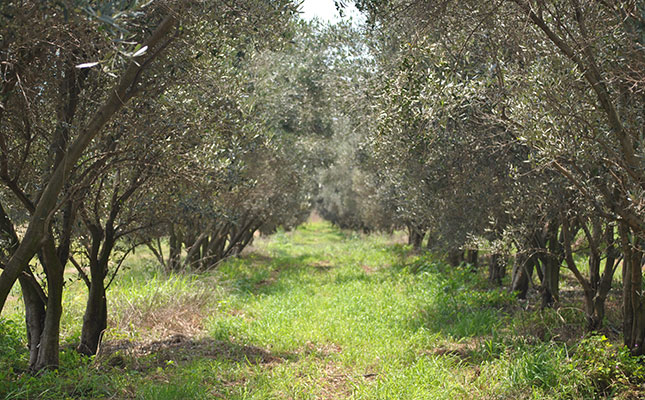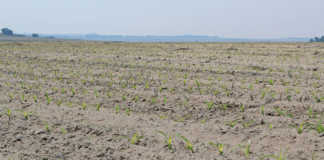
The Bureau for Food and Agricultural Policy (BFAP) has just presented its 17th Baseline Agricultural Outlook report, looking at what the next 10 years may hold for agriculture in Southern Africa.
The BFAP makes it clear that its report is not a forecast, but a scenario of what could happen based on a set of assumptions, which it tabulates in meticulous detail.
The 2022 report was prepared during the most turbulent economic time in the history of the bureau, with the start of the Russia-Ukraine war, as we were getting over the COVID-19 pandemic, which has been compounded by the inefficiency and corruption of South Africa’s government services.
Accordingly, the report is peppered with words such as ‘turmoil’, ‘crisis’, ‘disruption’, ‘unprecedented’, ‘volatility’, ‘uncertainties’ and ‘risk’. Nevertheless, the BFAP has done a masterful job of taking stock of each agricultural industry over the past decade, and delivered a highly credible outlook for the next 10 years.
It’s a hefty document, but there’s no need to wade through it all. Take it page by page and concentrate on the charts that capture the essence.
Agriculture was South Africa’s star economic performer throughout the pandemic and at the start of the Russia-Ukraine war. But those days, it seems, are now past, with spiralling input costs, and government policies that continue to depress economic growth and keep local consumer spending under pressure.
Main take-outs
Here is a crop-by-crop snapshot of the BFAP outlook for 2022–2031:
Grain
Price highs in grain and other field crops due to the Russia-Ukraine war will take a year or two to normalise. World grain prices are expected to stabilise at levels slightly better than before the war-induced highs. Major grain crop plantings in South Africa will remain stable, with the exception of soya beans and canola, where expansion is expected in response to good profits.
Sugar
Despite the sugar tax and imports, local consumption growth and a decline in area planted will keep sugar price levels rising slowly into the future.
Meat
Here, the elephant in the room is disease. In recent years, this has been a major disruptor of growth and profitability in all industries of the meat industry. Chicken and pork will continue to expand at the cost of beef and sheep.
Eggs
Egg and broiler producers face similar challenges: disease and high feed costs. The pandemic, however, led to increased demand for eggs, and the changes in buying and cooking patterns, which drove this, are expected to become habit.
Dairy
Dairy production is expected to increase faster than production of most other major agricultural commodities, with price trends remaining in line with growing consumption and output. Margins will nonetheless remain tight.
Deciduous fruit
Pome fruit are expected to remain unchanged. Higher yields will increase production volumes, albeit slowly. Nectarines are expected to increase at the expense of peaches and apricots. Plum plantings are likely to remain unchanged. Table grape plantings have consolidated, however, and there will be a slow increase in production due to higher yields.
Wine grapes
Wine grape production areas will decline during the outlook period with a slight uptick towards the end of the decade. Production volumes will follow suit.
Citrus and subtropical fruit
Citrus, avocados and macadamias have been the star performers in South African agriculture for some years, delivering good profits and expanding significantly. Strong market demand for high-quality fruit of the right varieties will continue to create opportunity for expansion, and steady growth in plantings and production, albeit at rates lower than over the past decade, are expected in all three of these crops.
Download a copy of the report from bfap.co.za, and dive into it. Then ask yourself: what opportunities does the next decade hold for my agribusiness interests, and what should I be doing to protect the business from high risks?
Nowhere else will you find a better source of information on which to plan the future of your operation.
Peter Hughes is a business and management consultant.










